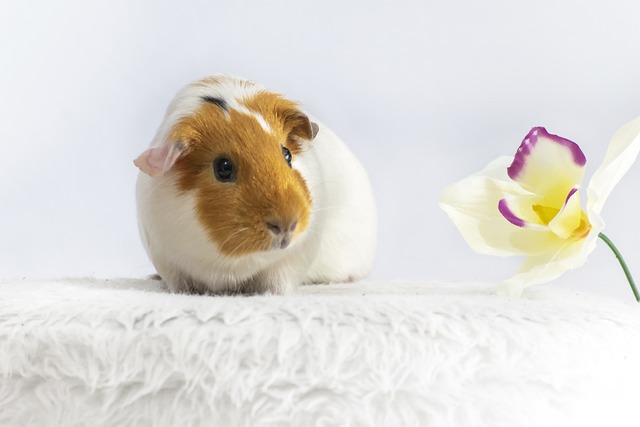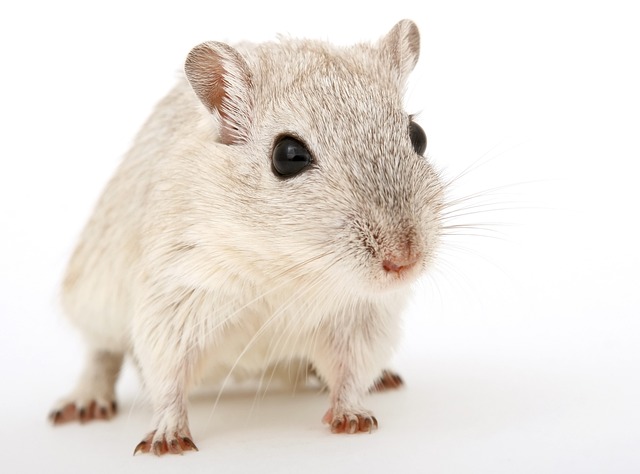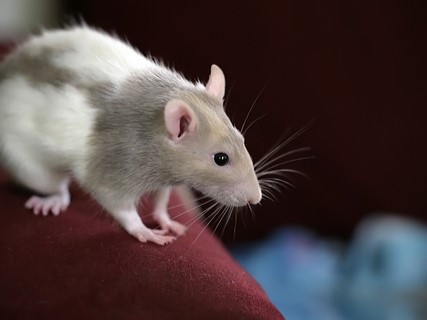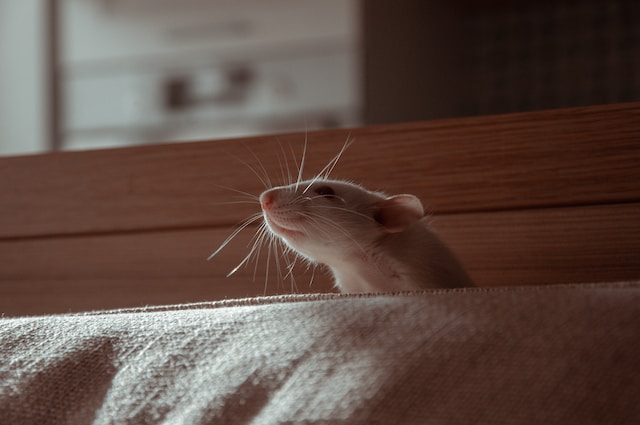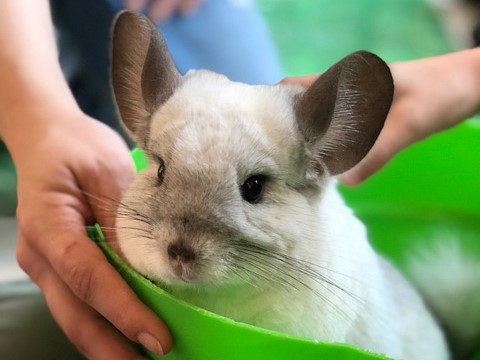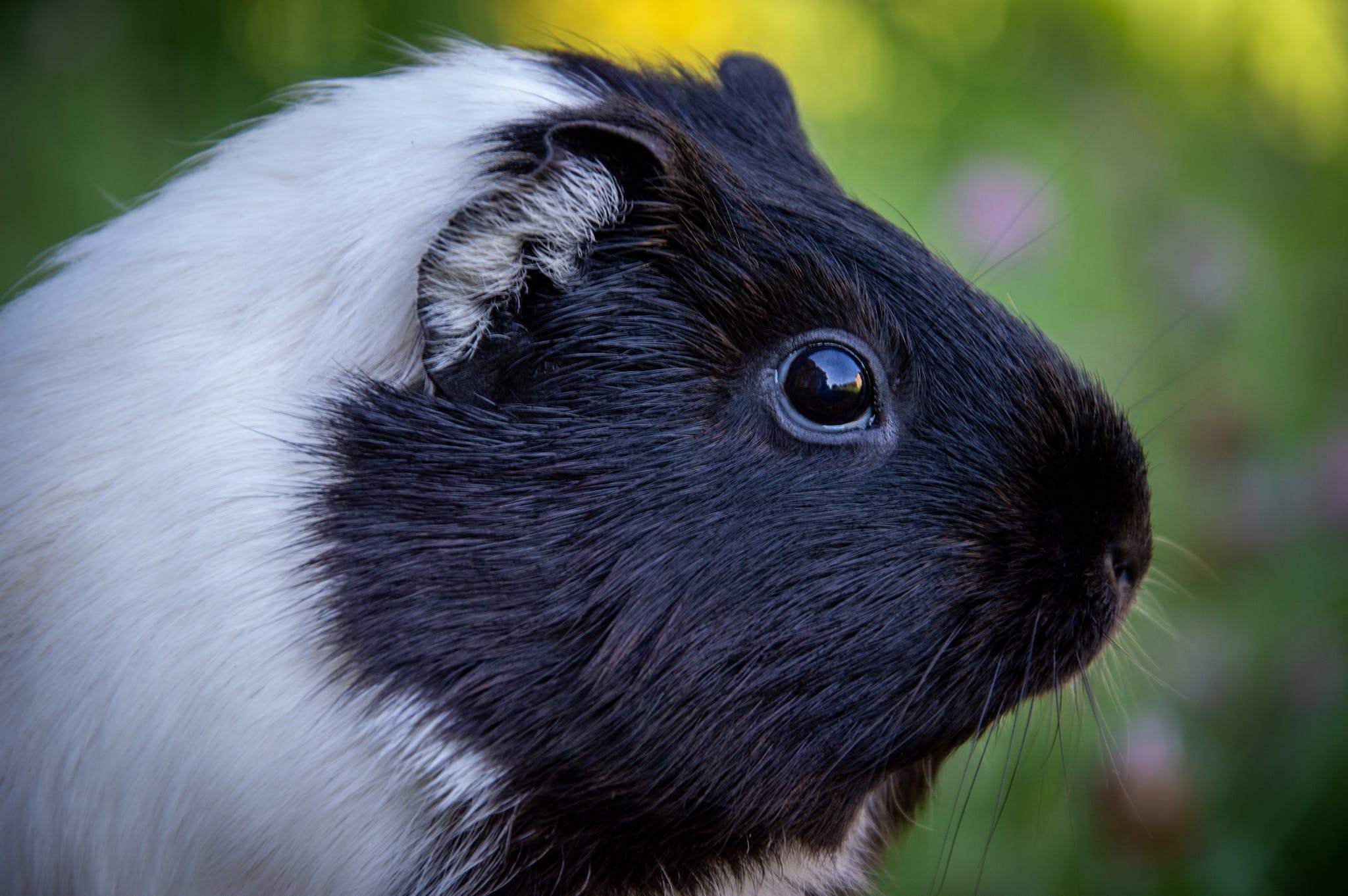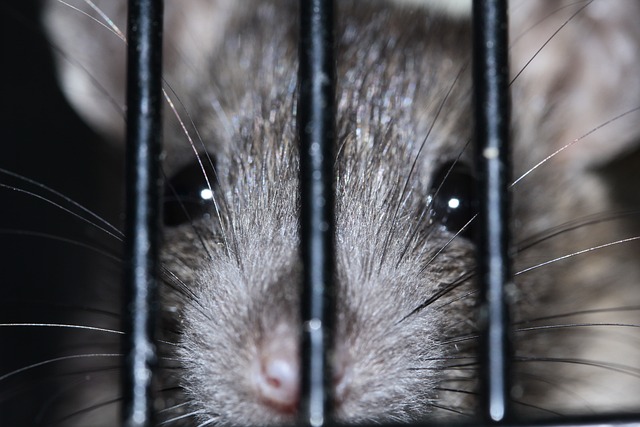Do Guinea Pigs Fart? The Truth About Guinea Pig Flatulence
There are some affiliate links below, but they are all products I highly recommend. For more info, view my disclosure here.
Are you a guinea pig owner? Have you ever wondered if your furry friend farts? Well, the answer is yes! Guinea pigs do fart, just like any other mammal. However, unlike humans, guinea pigs don’t have the ability to burp, which means that they release gas through their rear end.
While farting is a natural bodily function, excessive flatulence in guinea pigs can be a sign of digestive problems. It’s important to monitor your guinea pig’s diet and ensure that they are getting enough fiber to aid in digestion. Additionally, if you notice any unusual smells or changes in your guinea pig’s bowel movements, it’s best to consult with a veterinarian to rule out any potential health issues. Stay tuned to learn more about guinea pig farting and what you can do to keep your pet healthy and happy.
Understanding Guinea Pig Digestion
Digestive System Overview
Guinea pigs have a complex digestive system that is designed to extract as many nutrients as possible from their food. They have a relatively large cecum, which is a pouch that connects the small and large intestines. The cecum contains bacteria that help break down fiber and other complex carbohydrates. Guinea pigs are also hindgut fermenters, which means that they ferment food in the cecum and colon, rather than in the foregut like cows or sheep.
The Role of the Gastrointestinal Tract
The gastrointestinal tract of a guinea pig is responsible for breaking down food into smaller particles that can be absorbed by the body. The mouth, esophagus, stomach, small intestine, cecum, and colon all play important roles in this process. The mouth and esophagus are responsible for breaking down food mechanically and chemically, while the stomach produces enzymes and acid to further break down food. The small intestine is where most of the nutrients are absorbed, while the cecum and colon are responsible for fermenting fiber and absorbing water.
Sensitive Digestive System
Guinea pigs have a very sensitive digestive system, and they are prone to a number of digestive disorders. One of the most common issues is gastrointestinal stasis, which occurs when the digestive system slows down or stops completely. This can be caused by a number of factors, including stress, a diet that is too low in fiber, or dental problems. Other common digestive issues include diarrhea, constipation, and bloat.
Understanding the guinea pig’s digestive system is essential for providing them with a healthy and balanced diet. By providing them with a diet that is high in fiber and avoiding stress, you can help prevent many digestive disorders.
Guinea Pigs and Gas
Guinea pigs are adorable pets that bring joy to many households. However, they can also experience gas just like any other animal. In this section, we will discuss the causes of gas in guinea pigs, signs of excessive gas, and how to prevent gas buildup.
Causes of Gas in Guinea Pigs
Guinea pigs can experience gas due to a variety of reasons. One common cause is a diet that is high in sugar or carbohydrates. This can lead to fermentation in the gut, which produces gas. Another cause is eating too quickly, which can cause air to be swallowed and lead to gas buildup. Additionally, stress can also contribute to gas in guinea pigs.
Signs of Excessive Gas
If your guinea pig is experiencing excessive gas, there are a few signs to look out for. These include bloating, discomfort, and a decrease in appetite. Your guinea pig may also be more lethargic than usual.
Preventing Gas Buildup
To prevent gas buildup in your guinea pig, there are a few things you can do. First, make sure their diet is balanced and contains plenty of fiber. This can help regulate their digestion and prevent gas from building up. Additionally, make sure they are eating at a reasonable pace and not gulping down their food too quickly. Finally, try to minimize stress in their environment as much as possible.
Gas is a common issue that guinea pig owners may experience. By understanding the causes of gas, signs of excessive gas, and how to prevent gas buildup, you can help keep your furry friend healthy and happy.
Diet and Nutrition
Impact of Diet on Digestion
A guinea pig’s diet plays a significant role in their digestive health. A proper diet ensures that your furry friend obtains the necessary nutrients for a healthy life. A balanced diet should include hay, fresh vegetables, and a small amount of pellets.
Foods that are high in sugar and fat should be avoided as they can lead to obesity and other health problems. Additionally, sudden changes in diet can cause digestive issues such as diarrhea, bloating, and gas.
Safe Foods for Guinea Pigs
Certain vegetables are safe for guinea pigs and can provide them with essential nutrients. Leafy greens such as kale, spinach, and collard greens are excellent sources of vitamin C, which is necessary for a guinea pig’s health. Other vegetables such as bok choy and bell peppers are also safe and nutritious.
It’s essential to introduce new foods slowly to avoid digestive issues. Start with small amounts and gradually increase the serving size over a few weeks.
Foods That Cause Gas
Some vegetables can cause gas in guinea pigs. Cruciferous vegetables such as broccoli, cauliflower, and cabbage can cause bloating and discomfort. Dairy products should also be avoided as guinea pigs are lactose intolerant.
It’s important to monitor your guinea pig’s diet and observe any changes in their behavior or digestion. If you notice any issues, consult with a veterinarian for proper treatment.
Health and Well-being
Identifying a Healthy Guinea Pig
As a guinea pig owner, it is important to be able to identify when your pet is healthy. A healthy guinea pig should have bright, clear eyes, a shiny coat, and be active and alert. They should also have a healthy appetite and be eating and drinking regularly.
When to Consult a Vet
If you notice any changes in your guinea pig’s behavior, such as a loss of appetite, lethargy, or excessive bloating, it may be a sign of a serious problem. In such cases, it is important to consult a veterinarian as soon as possible.
Some serious conditions that may require medical attention include hairball impaction, digestive issues, and weight loss. Your vet may prescribe pain medication or anti-gas medications to help alleviate any discomfort your guinea pig may be experiencing.
Common Health Issues
Guinea pigs are prone to certain health issues, such as dental problems and respiratory infections. It is important to keep their living environment clean and provide them with a healthy diet to prevent these issues from occurring.
If you notice any signs of a health problem, it is important to seek medical attention for your guinea pig right away. With proper care and attention, your guinea pig can live a happy and healthy life.
Guinea Pig Behavior
Social Behaviors and Farting
Guinea pigs are social animals that enjoy living in groups. They communicate with each other through a variety of behaviors, such as vocalizations, body language, and scent marking. One common behavior that guinea pigs exhibit is farting. Farting is a normal bodily function that helps to release excess gas from the digestive system.
When guinea pigs fart, it is often accompanied by a soft, popping sound. This sound is caused by the release of gas from the anus. Farting is more common in guinea pigs that are fed a diet high in fiber, as fiber-rich foods can produce more gas during digestion.
Guinea pigs also use farting as a means of communication. When a dominant guinea pig farts, it can be a sign of asserting their dominance over other guinea pigs in the group. Similarly, submissive guinea pigs may fart as a way to show deference to their dominant counterparts.
Responses to Discomfort
Guinea pigs are sensitive animals that can experience discomfort from a variety of sources. They may exhibit a range of behaviors when they are uncomfortable, including teeth chattering, hiding, or vocalizing.
One common response to discomfort in guinea pigs is farting. When a guinea pig is experiencing discomfort, they may fart more frequently than usual as a way to release built-up gas and alleviate any discomfort they are feeling.
If you notice that your guinea pig is farting more frequently than usual, it may be a sign that they are experiencing discomfort. It’s important to monitor your guinea pig’s behavior and seek veterinary care if you suspect that they are in pain.
Signs of Happiness
Guinea pigs are social animals that bond strongly with their owners and other guinea pigs. When they are happy, they may exhibit a range of behaviors, such as purring, popcorning, and even shedding emotional tears.
Farting can also be a sign of a happy guinea pig. When guinea pigs are relaxed and content, they may fart more frequently as a way to release any excess gas that has built up in their digestive system.
In addition to farting, other signs of a happy guinea pig include a healthy appetite, a shiny coat, and a willingness to interact with their owners and other guinea pigs. If your guinea pig is exhibiting these behaviors, it’s a good sign that they are happy and healthy.
Practical Care Tips
Creating a Comfortable Environment
When it comes to guinea pig care, creating a comfortable living environment is crucial. This means providing a spacious cage that is well-ventilated and has plenty of bedding for your furry friend to burrow in. A good rule of thumb is to have at least 7.5 square feet of cage space per guinea pig. It’s also a good idea to keep the cage away from drafty areas and direct sunlight.
Monitoring and Managing Gas Levels
Guinea pigs are known to produce gas, and while it’s a normal bodily function, excessive gas can be uncomfortable for your pet. To monitor and manage gas levels, pay attention to your guinea pig’s behavior. If you notice your pet is lethargic, has a decreased appetite, or is producing less poop than usual, it may be a sign of gas buildup. In this case, try feeding your guinea pig smaller meals throughout the day and avoid sudden changes to their diet. Additionally, providing hay and fresh water can help keep their digestive system moving smoothly.
Introducing New Foods
When introducing new foods to your guinea pig’s diet, it’s important to do so gradually. Too much food too quickly can upset their digestive system and lead to gas buildup. Start by introducing small amounts of new foods and monitor your pet’s behavior and poop production. Good guinea pig foods include hay, fresh vegetables, and a small amount of pellets. Remember to always provide fresh water and remove any uneaten food from the cage to prevent spoilage.
By following these practical care tips, you can help ensure your guinea pig stays healthy and happy. Keep in mind that guinea pig poop is a good indicator of their overall health, so pay attention to its size, shape, and frequency. With proper care and attention, your guinea pig can live a long and happy life.
